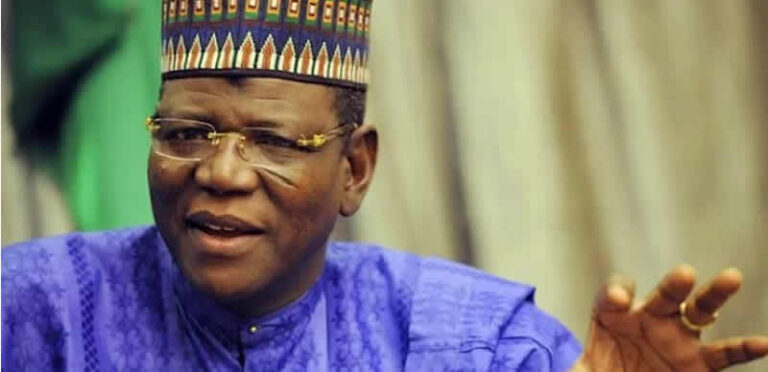By Peter Omopo
Former Governor of Jigawa State and one-time National Secretary of the defunct Social Democratic Party (SDP), Sule Lamido, has alleged that the annulment of the June 12, 1993, presidential election was driven by fears within the military over a N45 billion debt allegedly owed to the election’s presumed winner, Chief Moshood Kashimawo Olawale (MKO) Abiola.
Lamido made the claim on Tuesday in Abuja during the public presentation of his autobiography titled Being True to Myself. He stated that the military high command at the time feared that Abiola, if sworn in as president, would demand repayment of the debt, which he said stemmed from a contract executed by Abiola’s company, International Telephone and Telecommunication (ITT), for the Ministry of Communications during the regime of General Murtala Mohammed.
“When Murtala died, Abiola came in with a claim that he was owed about N45 billion. The military high command rejected the claim. He lobbied northern emirs to intervene, but the military still refused. Then came June 12,” Lamido said. “They annulled the election because they believed that if Abiola became president, he would take his money and bankrupt the country.”
He appealed to President Bola Tinubu to pay the Abiola family the alleged debt to finally bring closure to the June 12 episode.
“In his book, General Ibrahim Babangida acknowledged that Abiola won the election. When I visited him, he also confirmed that Abiola is owed N45 billion,” Lamido revealed. “He was doubly punished—denied the presidency and denied his dues.”
Lamido urged the Minister of Information and National Orientation, Muhammad Idris Malagi—who represented President Tinubu at the event—to deliver his plea to the President.
“Please tell the President to pay the Abiola family the N45bn. Once this is done, the June 12 chapter will be closed. It is very important,” he said.
Also present at the event was former President Olusegun Obasanjo, who praised Lamido for his service, particularly during his time as Foreign Affairs Minister, noting his role in reintegrating Nigeria into the international community after years of diplomatic isolation.
Obasanjo encouraged Lamido and other elder statesmen to remain active in national development.
“You are now a statesman. But Nigeria that we are working for—we haven’t got there yet,” Obasanjo said. “Our job is not finished until we are finished.”

